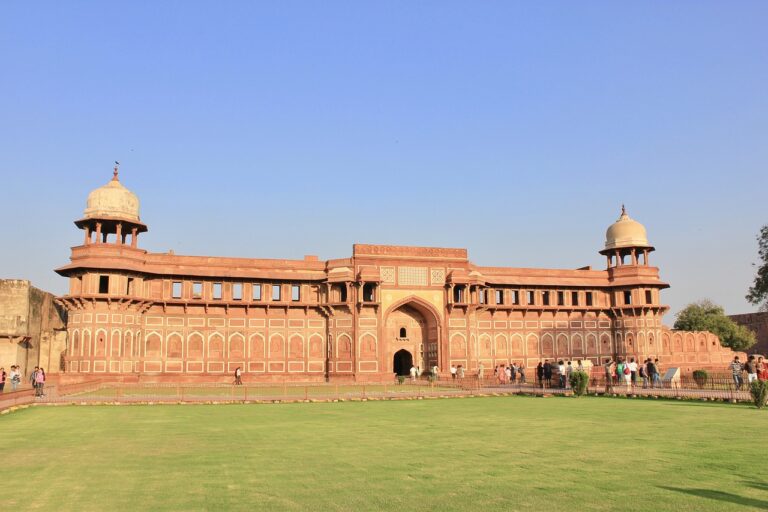The Rise of Populist Movements in Global Politics
Populist movements are often fueled by a sense of discontent among the population. Economic inequality stands out as a prominent factor driving the rise of populism in many countries. When people feel left behind or marginalized by the current economic system, they are more likely to turn to populist leaders who promise to prioritize the interests of the common people.
Moreover, cultural factors also play a crucial role in shaping populist movements. The fear of losing one’s cultural identity or the perception of cultural threats from globalization can fuel nationalist sentiments that align with populist ideologies. Populist leaders often capitalize on these fears and grievances to rally support from those who feel their cultural values are under threat.
Historical Context of Populism
Populist movements have deep roots in history, with early examples dating back to ancient civilizations. These movements often emerged as a response to the perceived disconnect between the ruling elite and the general population. Populism gained traction during times of economic hardship or social unrest, providing a platform for disenfranchised groups to voice their grievances and push for change.
Throughout history, populist leaders have capitalized on the frustrations of the masses, portraying themselves as champions of the common people against entrenched power structures. From the Gracchi brothers in ancient Rome to the People’s Party in the late 19th century United States, populism has taken various forms but consistently centered around issues of inequality, corruption, and discontent with the status quo. By tapping into these sentiments and offering simple solutions to complex problems, populist movements have drawn support from diverse segments of society.
Impact of Globalization on Populist Movements
Globalization has undeniably played a pivotal role in shaping the landscape of populist movements across the globe. The increasing interconnectedness of economies and societies has paved the way for the dissemination of ideas and grievances at an unprecedented pace, fueling the rise of populist ideologies. Moreover, the perceived threats to national identity and economic security brought about by globalization have provided fertile ground for populist leaders to capitalize on feelings of discontent and vulnerability among the populace.
Furthermore, the impact of globalization on populist movements extends beyond mere rhetoric, as economic disparities are magnified by the uneven distribution of the benefits of global integration. The outsourcing of jobs, influx of foreign labor, and widening wealth gaps have fueled resentment and alienation among certain segments of the population, laying the groundwork for the emergence of populist narratives that promise to restore a sense of control and security in an increasingly complex and interconnected world.
What are the key factors driving populist movements?
The key factors driving populist movements include economic inequality, cultural anxiety, distrust in political elites, and a desire for national sovereignty.
Can you explain the historical context of populism?
Populism has roots in the late 19th century in the United States, with movements like the People’s Party. It has since evolved and taken shape in different countries and contexts.
How has globalization impacted populist movements?
Globalization has fueled populist movements by increasing economic inequality, cultural homogenization, and a sense of loss of national identity. Populists often blame globalization for these issues and push for protectionist policies.







